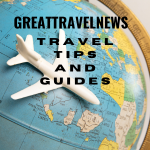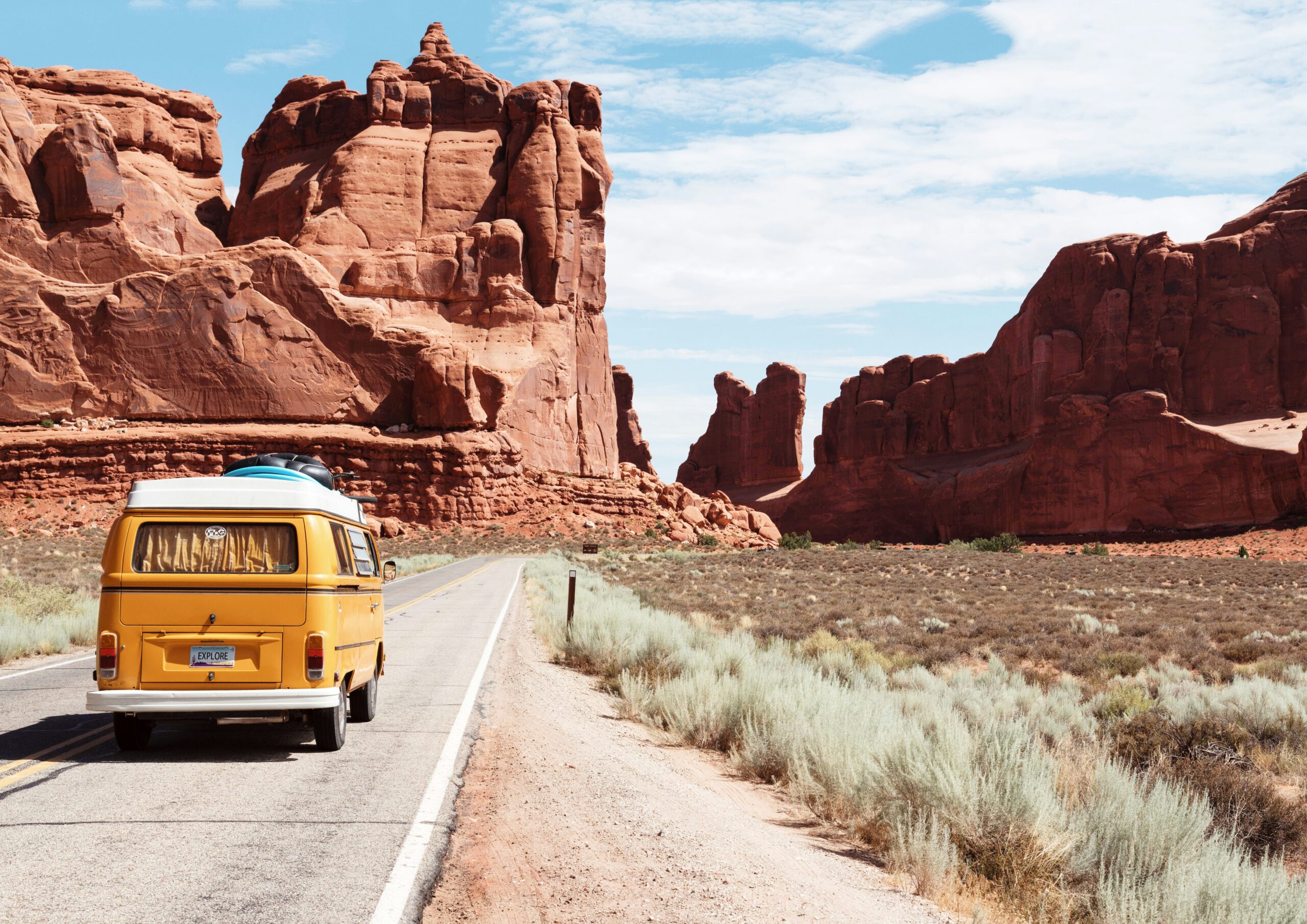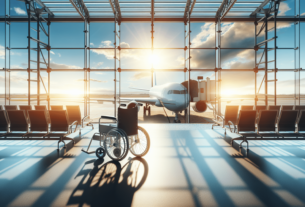Have you ever found yourself in the middle of a bustling tourist hotspot, wishing you could escape the crowds and enjoy a more serene travel experience? During peak season, this scenario is all too common, but there are ways you can maneuver through the throngs and still have a wonderful time.
🌴 Get Your FREE Bahamas Checklist!
Perfect for planning your island escape 🌊
We respect your privacy. Unsubscribe anytime.
Powered by greattravelnews.com
What is Peak Season?
Peak season typically refers to the times of the year when a travel destination experiences the highest number of visitors. This period usually aligns with holidays, school vacations, and specific events that draw larger crowds. Knowing when peak season occurs at your desired destination can help you better plan and prepare for your journey.
Identifying Peak Season
Understanding when peak season happens is crucial if you want to travel smart. Here’s a simple table to summarize peak seasons for various destinations:
| Destination | Peak Season |
|---|---|
| Europe | Summer (June-August) and Christmas/New Year holidays |
| Southeast Asia | Winter (November-February) |
| US National Parks | Summer (June-August) |
| Ski Resorts | Winter (December-March) |
| Japan | Cherry Blossom Season (March-April) and Autumn (October-November) |
Let’s break down some strategies to handle these crowded periods efficiently.
Plan Ahead
The key to a stress-free journey during peak season lies in meticulous planning. Booking flights, accommodations, and activities ahead of time can save you from last-minute headaches.
Booking Early
Advantages:
- Better Prices: Early bookings can often secure lower prices for flights and accommodations.
- Greater Choices: You’ll have a wider selection of lodging and activities.
Tips for Early Booking:
- Set Alerts: Use price alert tools on booking websites to track fare drops.
- Flexible Dates: If possible, keep your travel dates flexible to snag the best deals.
- Loyalty Programs: Utilize airline and hotel loyalty programs to gain access to member-only discounts.
Packing Smart
During peak season, traveling light can be a game-changer. Packed destinations often mean less storage space and more time spent in transit. Here’s a quick guide to help you pack more efficiently.
| Frequently Needed Items | Rarely Needed Items |
|---|---|
| Travel documents | Extra shoes |
| Essential toiletries | Heavy books |
| Comfortable clothing | Excessive gadgets |
| Local currency | Bulky jewelry |
Versatile Clothing
Choose clothing that can be mixed and matched easily. Stick with neutral colors and pack layers to adapt to different weather conditions.
Travel-Sized Toiletries
Opt for travel-sized versions of your toiletries to save space. Remember, you can always buy more once you arrive at your destination.
Smart Travel Timing
Timing can be everything, particularly when traveling during peak season. Understanding when to book flights and visit attractions can significantly enhance your experience.
Off-Peak Timing
Advantages:
- Fewer Crowds: Visiting tourist spots early in the morning or late in the afternoon can help you avoid the masses.
- Shorter Wait Times: Lines for attractions tend to be shorter outside of peak hours.
Ideal Flight Times:
| Departure Time | Benefits |
|---|---|
| Early Morning (6am-9am) | Fewer delays, quieter airports |
| Late Night (9pm-1am) | Generally less crowded |
Off-Peak Days
Avoiding weekends and public holidays can make a significant difference. Mid-week days are often less busy and more serene.
Utilize Technology
Travel Apps:
There are numerous travel applications designed to ease your journey. From booking flights to locating attractions, there’s an app for almost everything.
Essential Apps:
- Google Maps: For navigation and discovering local hotspots.
- TripAdvisor: For reviews and recommendations.
- Hopper: To monitor flight prices and make bookings.
- Airbnb: For unique accommodation options.
Digital Tickets
Wherever possible, opt for digital tickets to major attractions. This not only eliminates paper waste but also speeds up entry, particularly at busy venues.

Alternative Destinations and Routes
Lesser-Known Destinations:
While mainstream destinations have their perks, exploring off-the-beaten-path locations can provide an equally fulfilling experience without the crowds.
Benefits:
- Unique Experiences: Discover hidden gems and local culture often missed by mass tourism.
- Economical: These places can be cheaper since they don’t fall under major tourist radar.
Example Alternatives:
| Popular Destination | Less Crowded Alternative |
|---|---|
| Paris, France | Lyon, France |
| Venice, Italy | Bologna, Italy |
| Bangkok, Thailand | Chiang Mai, Thailand |
| Tokyo, Japan | Kanazawa, Japan |
Alternative Routes
If mainstream travel routes are congested, consider using secondary airports and stations to avoid long lines and delays.
Flexibility is Key
Adaptable Itineraries
An overly rigid itinerary can sometimes be more of a hindrance than a help, especially during peak season when unexpected delays are common. Be sure to build in some buffer time for unforeseen circumstances.
Open-Mindedness
Remaining open to spontaneous plans can lead to unexpected and delightful experiences. Whether it’s a local festival or a hidden café, sometimes the best moments are unplanned.
Eating Smart
Meals can be a significant challenge during peak season, with long wait times at popular restaurants.
Local Cuisine
Seek out smaller, local eateries rather than well-known chains. These places are often less crowded and offer more authentic dining experiences.
Eat at Unusual Times
Having your meals during off-peak hours can help you avoid the rush. Early lunches and late dinners are both great strategies for avoiding peak dining times.
Budgeting Wisely
Traveling during peak season can put a strain on your wallet, but with a bit of savvy, you can still manage your finances effectively.
Budget Planning
Create a comprehensive budget before your trip, taking into account accommodation, food, activities, and emergency expenses.
Money-Saving Tips
Accommodations:
- Home Exchanges: Consider home exchange programs which can be cost-effective.
- Hostels/Guesthouses: These are often cheaper than hotels and can offer a more local experience.
Food:
- Self-Catering: Renting an apartment can provide you with a kitchen to prepare some of your meals, saving on dining costs.
- Street Food: Embrace street food culture, which is not only affordable but often delicious.
Payment Methods
Use travel credit cards that offer rewards and have no foreign transaction fees, helping you save on currency conversion costs.
Safety Precautions
Crowds can sometimes pose safety risks, from petty theft to getting lost. It’s vital to stay vigilant and prepared.
Personal Security
Keep your belongings secure by using anti-theft bags and accessories. Be aware of your surroundings, especially in crowded areas.
Health Precautions
Ensure that you have travel insurance that covers health emergencies. Additionally, pack a small first aid kit for minor injuries or illnesses.
Embrace Local Culture
One of the best ways to enjoy your destination is to immerse yourself in the local culture. This can lead to more meaningful and memorable experiences.
Local Festivals and Events
Attending local festivals and events can give you a unique insight into the culture of your destination.
Cultural Etiquette
Learn a few basic phrases in the local language and familiarize yourself with cultural norms and etiquette to show respect and admiration for your host country.
Sustainability Practices
Travel smart not just for your convenience, but also for the environment. Eco-friendly travel adds another layer of fulfillment to your journey.
Reduce, Reuse, Recycle
Bring a reusable water bottle and shopping bag to reduce plastic waste. Avoid single-use items whenever possible.
Support Local Economy
Choose local businesses for shopping and dining to support the community and reduce your carbon footprint.
Sustainable Transportation
Opt for public transportation or bicycles rather than rental cars to minimize your environmental impact.
Conclusion
Traveling during peak season doesn’t have to be a headache. With proper planning, flexibility, and smart choices, you can enjoy a memorable and stress-free vacation. By utilizing these strategies, you’re well on your way to becoming a savvy traveler, ready to tackle peak season with ease. So go ahead, and make the most of your travels, no matter the time of year.



